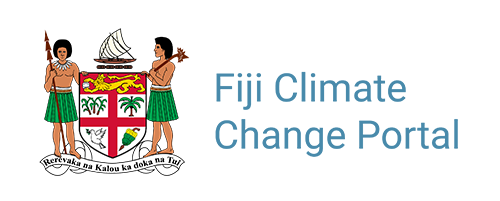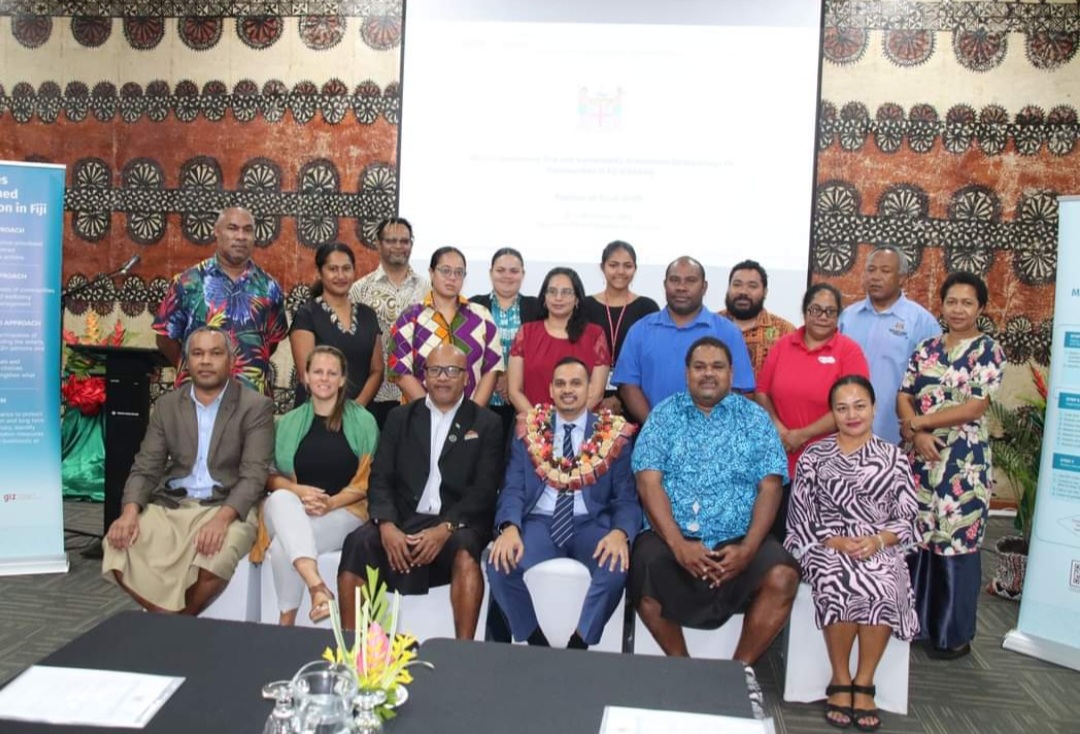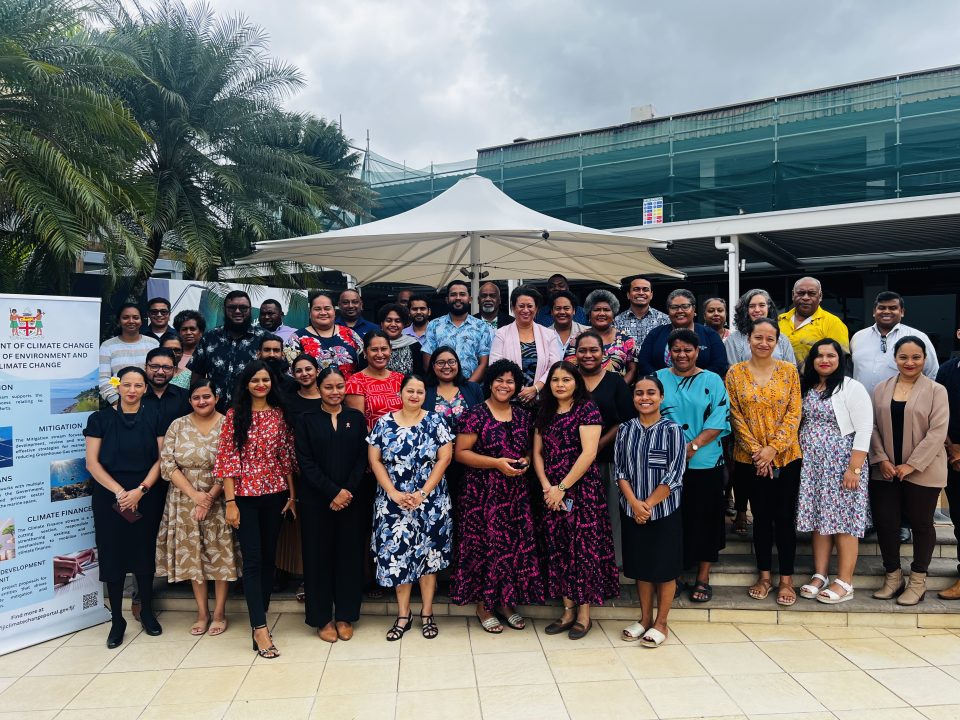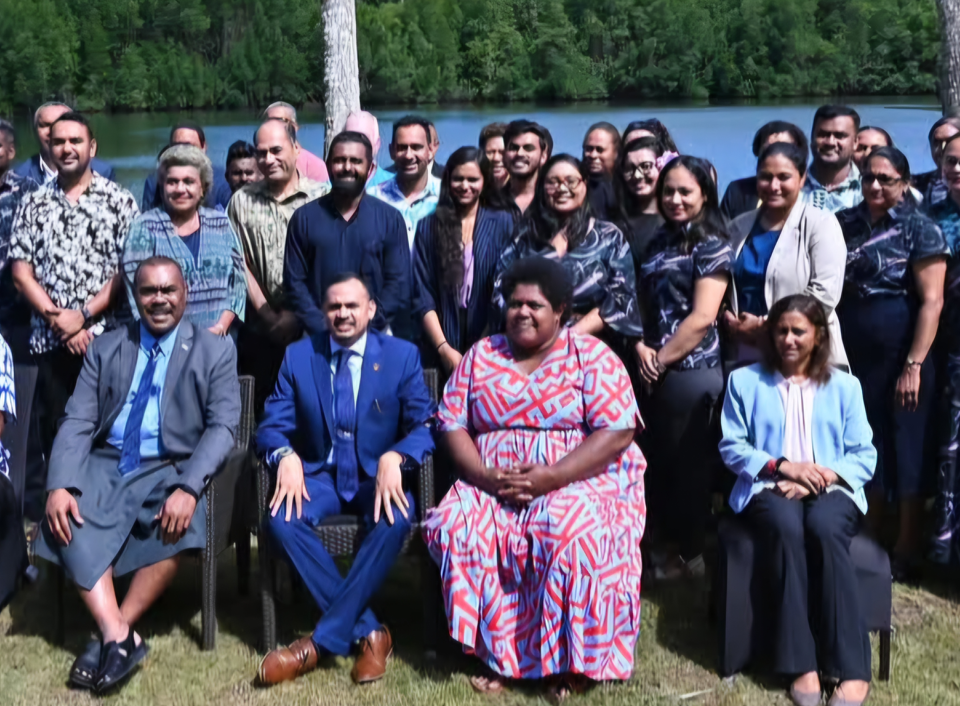
Strengthening Fiji’s Voices for COP29: Updates from Technical Working Group (TWG)
20/09/2024
NDC Partnership – National NDC Coordinator (Partnerships Senior Officer) Fiji – (Retainer, Homebased)
20/11/2024“The Government of Fiji is committed to support planned relocation through an inclusive approach that directly involves affected communities in the decision-making and design of relocation solutions.”
This was a message from the Permanent Secretary for the Ministry for Environment and Climate Change Dr. Sivendra Michael while opening a two day workshop convened to finalize the Comprehensive Risk and Vulnerability Assessment Methodology (CRVAM) in Suva, adding that relocation is a measure of last resort when adaptation options are exhausted or non-existent.
PS Dr. Michael highlighted that the CRVAM is a groundbreaking tool that will support the implementation of Fiji’s existing Standard Operating Procedures for Planned Relocation in Fiji (SOP).
“These SOPs, recognized as a global first, outline comprehensive guidance for planned relocation, and the CRVAM complements this by ensuring that our relocation decisions are evidence-based, participatory, and inclusive,” PS Dr. Michael said.
“It provides a structured framework for assessing the risks and vulnerabilities of our communities, incorporating not just physical and environmental factors but is also directly informed and rooted in the understanding of the specific social and cultural dimensions that need to be factored into the assessments.”
He added that at the heart of the CRVAM is the understanding of the importance of identifying and evaluating non-economic loss and damage, a key consideration that is lacking or non-existent in conventional international risk assessment methodologies.
“Through collective dialogue and technical accuracy, we aim to finalize a methodology that will contribute to our nation’s approach to building climate resilience for decades to come,” PS Dr. Michael said.
While commending the agencies, civil society organisations and relevant Government agencies for their commitment towards this key document, he reminded stakeholders that the ultimate goal was to protect not just Fijians and our assets, but also the essence of our cultures.






